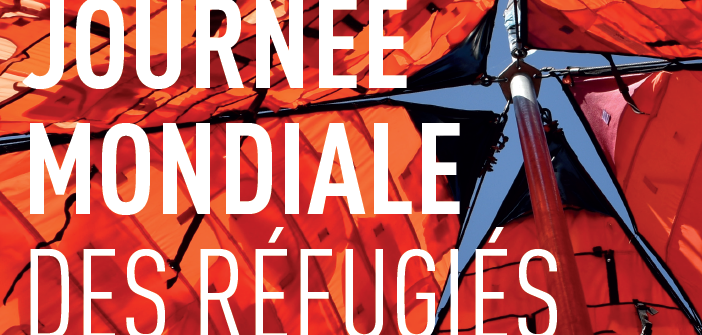In the world, 65.5 million people were forcibly displaced by the end of 2016, according to the latest figures released by the United Nations High Commissioner for Refugees (UNHCR) on the occasion of World Refugee Day, which was celebrated yesterday.
More specifically, there were 22.5 million refugees, 2.8 million asylum seekers, and 40.3 million internally displaced people.
Two years ago, the photograph of the body of a 3-year-old boy lying on a Turkish beach made headlines, causing a wave of outrage.
Since then, has the situation for refugees improved? No, they continue to live a nightmare on the roads of forced exile.
In transit countries like Libya, for example, their situation has even worsened: they are sold in real slave markets.
They still risk their lives in the Mediterranean Sea, where over 5,000 people drowned in 2016 and more than 1,900 since the beginning of the year.
They are turned back and even hunted at the gates of a Europe, which has become a fortress that, in addition to closing its external borders, blocks its internal borders as in Calais and Ventimiglia.
La Cimade, the main French organization actively supporting refugees and migrants, plans to strengthen its actions and denounce migration policies that endanger vulnerable people seeking protection…
The European Union, for example, invests tens of millions of euros in the European Border and Coast Guard Agency (Frontex), a quasi-military, opaque mechanism whose numerous abuses violate the human rights of refugees.
We need to patiently and pragmatically build a vision of an open France that promotes equal rights and living together.
Little or nothing was done during the previous five-year term out of electoral fear in the face of the FN offensive, which LR quickly joined. The new Minister of the Interior, Gérard Collomb, announced on Tuesday the possible “opening of reception centers” for migrants on French territory.
The Minister of the Interior, who is soon expected to visit Calais and Ventimiglia (Italy), clarified that while refugees need to be protected, migrants for economic reasons are intended to be sent back.


